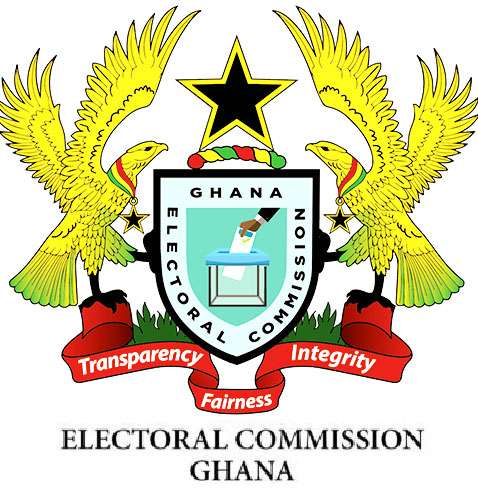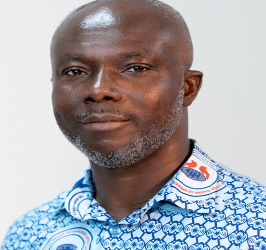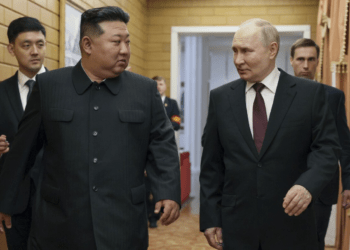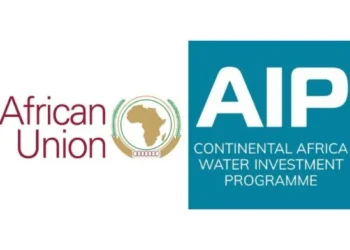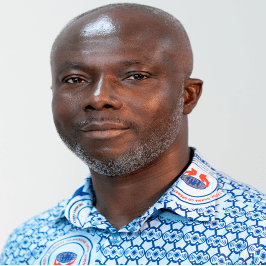NDC Chairman Johnson Asiedu Nketia’s call for a leadership overhaul at the Electoral Commission (EC) has drawn a measured response from Dr. Kojo Pumpuni Asante, Director of Policy Engagement at CDD-Ghana.
He noted that although the critique may stem from genuine dissatisfaction with the Electoral Commission’s leadership, Nketia’s position as chairman of the ruling National Democratic Congress (NDC) adds a layer of complexity that could influence how the public receives the message.
While recognizing that Nketia is a seasoned political actor who may have legitimate concerns, Dr. Asante emphasized the broader impact such statements could have on the public’s perception of political bias.
He pointed out that any official attempt to initiate a leadership overhaul would likely involve the President, which, in the current political climate, could be interpreted as partisan interference and raises broader issues of institutional trust and public confidence.
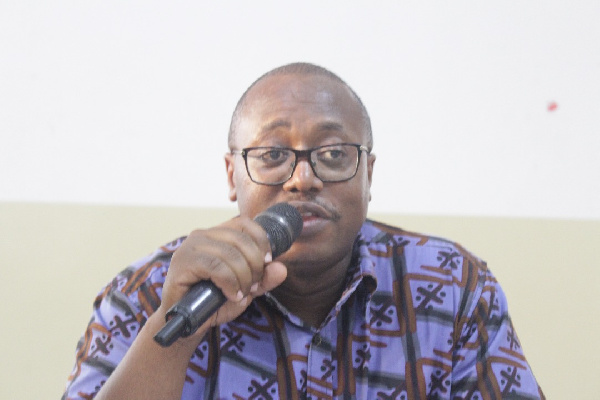
“Once you get these kinds of statements from somebody high up in the party like him, it would definitely impact public perceptions about political bias or political interest in sort of pushing out the leadership.”
Dr. Kojo Pumpuni Asante
The perception of interference, he argued, becomes even more entrenched when such calls are made from highly placed political figures.
EC Debate Overshadowed By Interference Claims
Dr. Kojo Asante further pointed out that the perception of political interference tends to overshadow the legitimacy of any concerns raised, even when they are based on genuine dissatisfaction.
He stressed that all Ghanaians, including Asiedu Nketia, have access to constitutionally established procedures for addressing issues with underperforming institutions or their leadership.
According to him, these formal channels are designed specifically to prevent the politicization of public bodies.
Dr. Asante also explained that being in a leadership position makes it more difficult for individuals to separate personal views from institutional influence.

While Asiedu Nketia is certainly entitled to express his opinion as a Ghanaian citizen, his high-profile role within the NDC means that his statements carry extra weight and may be perceived as attempts to influence outcomes unfairly.
“His only problem is that he just happens to be in a position where adding his voice and calling for this creates a perception that anything that happens will be induced.”
Dr. Kojo Pumpuni Asante
Top EC Officials Unfit, Says Nketia
However, Asiedu Nketia remains firm in his stance. He has called for the immediate removal of the top three leadership of the Electoral Commission, describing them as fundamentally unfit for their roles.
According to him, the Commission, under its current leadership, has failed in its constitutional duty to ensure credible electoral processes.
“There has to be a change. The three top leaders must all go. They have managed the commission so badly,” citing persistent problems, such as unresolved parliamentary elections, as evidence of institutional failure.
Specifically referencing the deadlock in the Ablekuma North parliamentary election, Nketia stated that such outcomes indicate negligence or an inability to perform basic functions.
He expressed concern that Ghanaian electoral laws do not even provide for election stalemates, making the current situation all the more alarming.
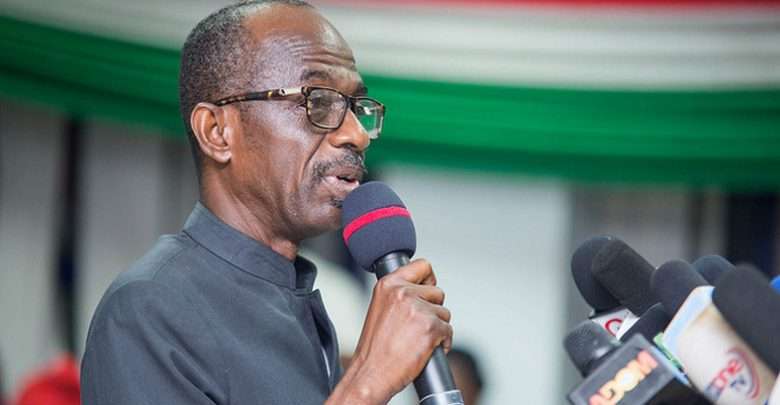
“You cannot still be having an election that will go into a stalemate. There is no anticipation of any stalemate in our laws unless people don’t want to do their work well.”
Johnson Asiedu Nketia
Accordingly, Nketia characterized the Commission’s conduct as part of a “worrying pattern” of mismanagement.
While civil society actors like Dr. Asante advocate for careful consideration of process and public perception, the NDC chairman appears to be channeling rising frustration among sections of the public and his party over recent electoral controversies.
The growing concern over the Electoral Commission’s performance could have serious implications for public trust ahead of future elections.
In the midst of this debate, what remains clear is that leadership at the Electoral Commission is under mounting pressure.
Whether this pressure translates into actual change will likely depend on the broader political context, the level of civil society engagement, and the institutional safeguards designed to ensure impartiality and accountability.
As public scrutiny deepens, the discourse around the Electoral Commission may well serve as a litmus test for how Ghana manages political dissent and institutional integrity in its democratic processes.
READ ALSO: MTN Ghana Wobbles Despite Leading Trade Volumes with GHS233M in Just 3 Months!

